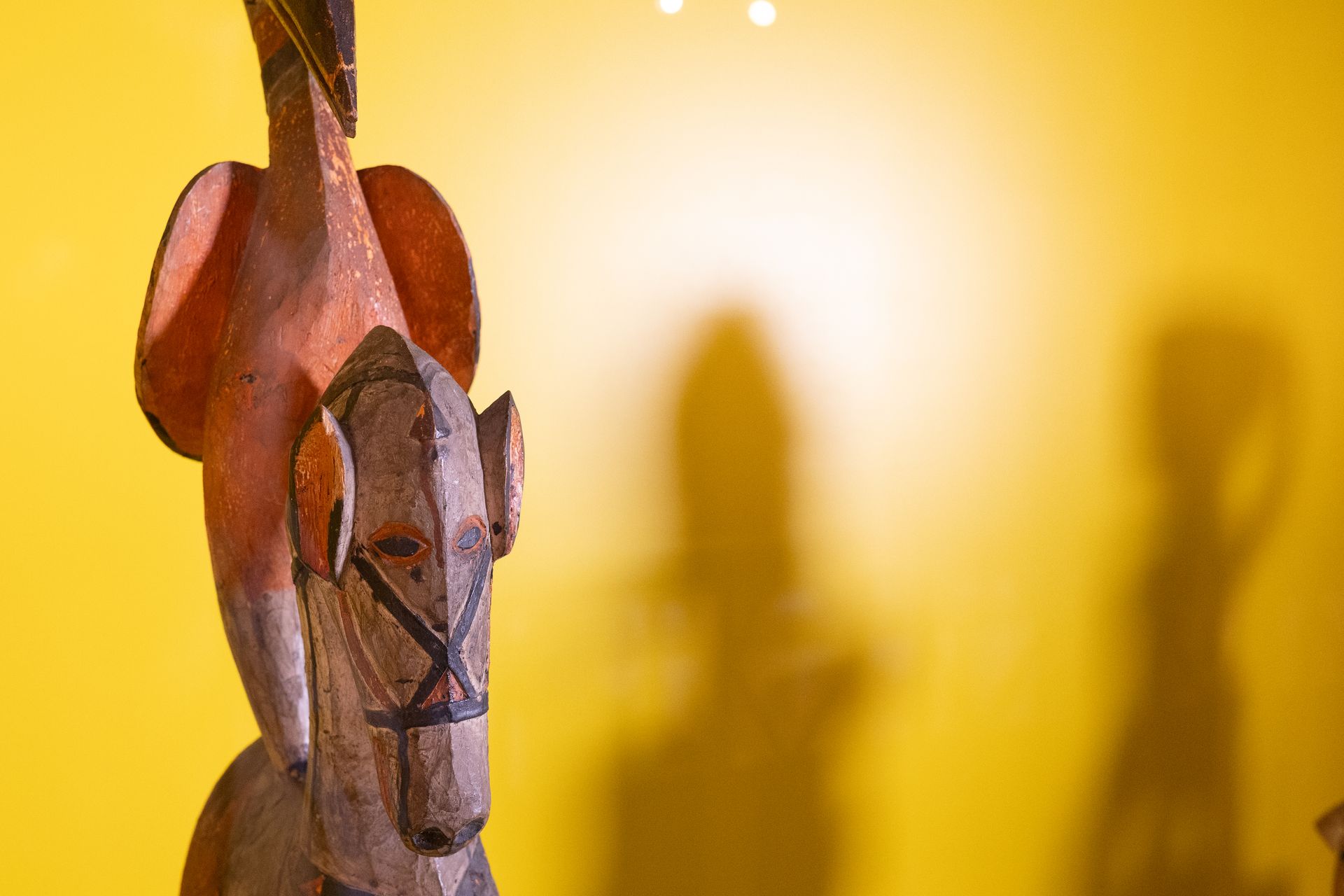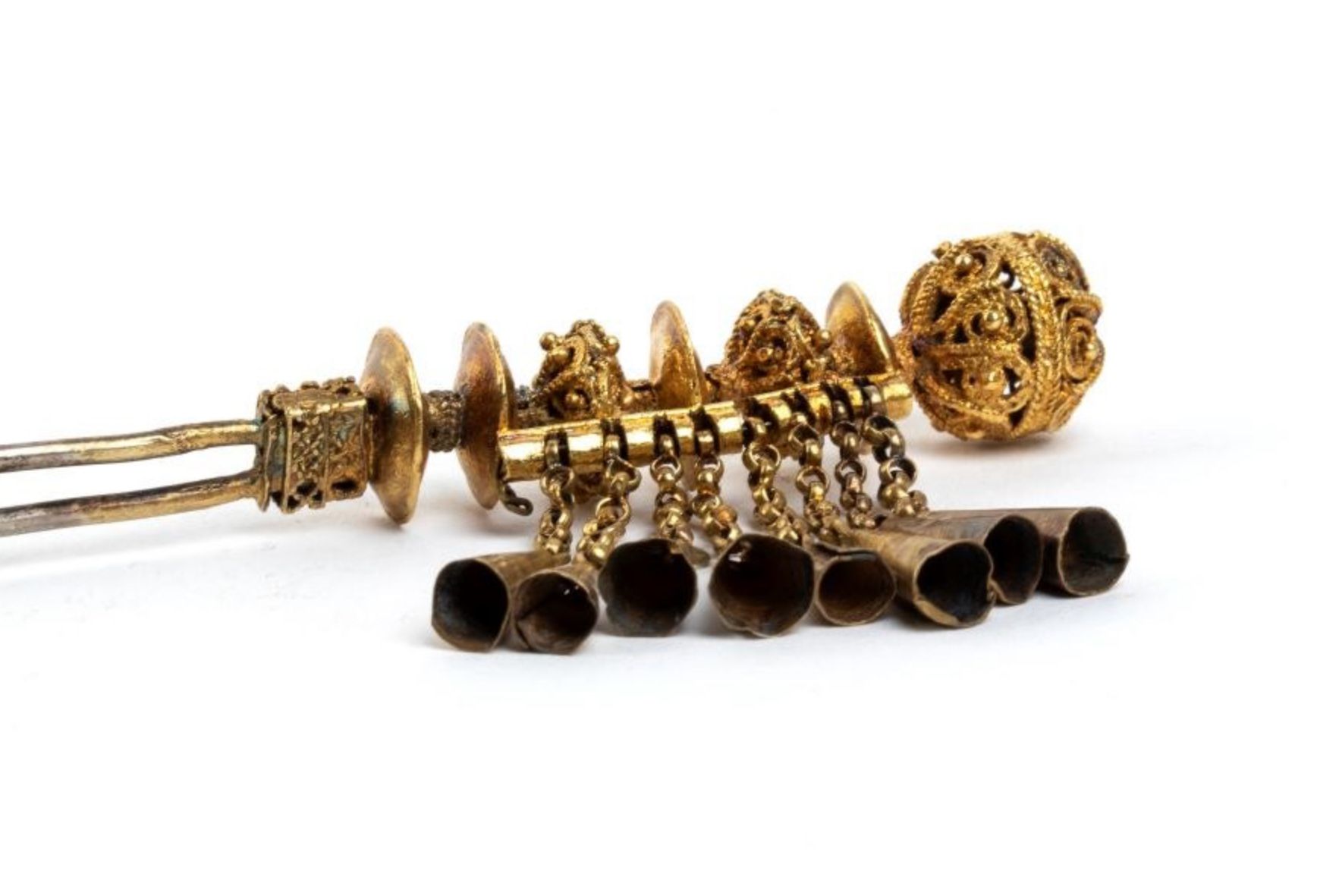Cultural Restitution
SHARE ARTICLE
The campaign to repatriate 11 sacred Ethiopian Tabots, held out of sight in a locked British Museum vault, was escalated to the House of Lords this week. Members repeatedly urged Government to encourage the Museum’s trustees “to do the right thing” and return the looted Tabots to Ethiopia.
Former Archbishop of Canterbury Lord Carey reminded the Minister that most of the Museum's Tabots were looted following the Battle of Maqdala in 1868, before asking whether the Minister accepted that Government must bear some basic moral responsibility to encourage their return. Their enduring spiritual significance was reinforced by the Bishop of Worcester who added, “What sets these artefacts apart is that they are sacred. As such, they relate to a living faith – the Ethiopian Orthodox Church.”
As the Tabots are kept permanently out of sight from the Museum's visitors, curatorial team and executive, the Parliamentary Under-Secretary of State at the DCMS Lord Parkinson was asked repeatedly if he would indicate to the trustees the Government’s support for the return of the Tabots to Ethiopia.
“Given the fact that they are not able to be seen, venerated or studied by anybody,” asked Lord Boateng in a forceful intervention, “would it not be the right thing to do – the moral thing to do – and would it not enhance the moral position of the trustees and the British Government in their discussions with the Ethiopian Government about human rights, if they were to be returned without delay?”
Responding with the Government’s now familiar mantra (“the British Museum operates independently of government”), the Minister said the Government would not engage in the governance of British Museum affairs, insisting it remains a matter for the trustees alone.
However, the trustees don’t seem willing or able to make a decision. Either they prefer to ignore the matter altogether, or they remain unaware how strong the legal and moral case is for returning the Tabots. Whatever reasons trustees have for inaction, Government has a responsibility to ensure the trustees comply with the Museum’s governing Act. Notionally independent, the trustees are accountable to Parliament for the governance of the Museum’s collection. When they fail to comply, Government has a responsibility to step forward to ensure the operational requirements of the Act are enforced.
It wasn’t raised during this week's House of Lords debate, but a legal solution to resolve the repatriation of the Tabots already exists. What’s more, the Museum’s trustees have the authority right now to agree their repatriation - without a change in the law and without any further approval from Government. All the Museum's trustees have been sent a legal opinion, commissioned by the Scheherazade Foundation and prepared by leading human rights lawyer Samantha Knights QC of Matrix Chambers, which confirms the Tabots are unique and physically they have no particular use or purpose for the Museum. They can be returned legally under section 5(1)(c) of the British Museum Act 1963 as they are 'unfit to be retained'.
The Museum doesn’t provide a definition of ‘unfit to be retained’. But the Museum’s website does confirm the Museum's aim is is to ensure ‘the collection is housed in safety, conserved, curated, researched and exhibited’. Based on this objective, it's hard for the Museum to argue that a group of objects that will never be curated, researched or exhibited can ever be justified as fit for purpose or retention by the Museum – indeed, by any museum.
Complete silence on this issue from the British Museum’s boardroom is probably due to a fear of setting an uncomfortable precedent. Trustees are frightened that returning the Tabots will open the floodgates to further appeals, leading to even greater pressure on them to return more contested objects. But that fear is unfounded. The Tabots are in a unique category all of their own. It’s unlikely any other group of contested objects in the Museum’s collection so perfectly meets the criteria for ‘unfit to be retained’. Even the other Maqdala objects in the Museum's collection would fail to meet these criteria, as the Museum can argue their display does serve a legitimate educational purpose.
So, by agreeing to repatriate these sacred Tabots to the Ethiopian Orthodox Church and its 36 million worshippers, the trustees can demonstrate they really do have a moral compass and can empathise with the legitimate needs of a living faith. Nobody in the UK will miss the Tabots. Ironically, not even the trustees as they too are forbidden to view them.
Photo: House of Lords
Courtesy of House of Lords Library
More News



